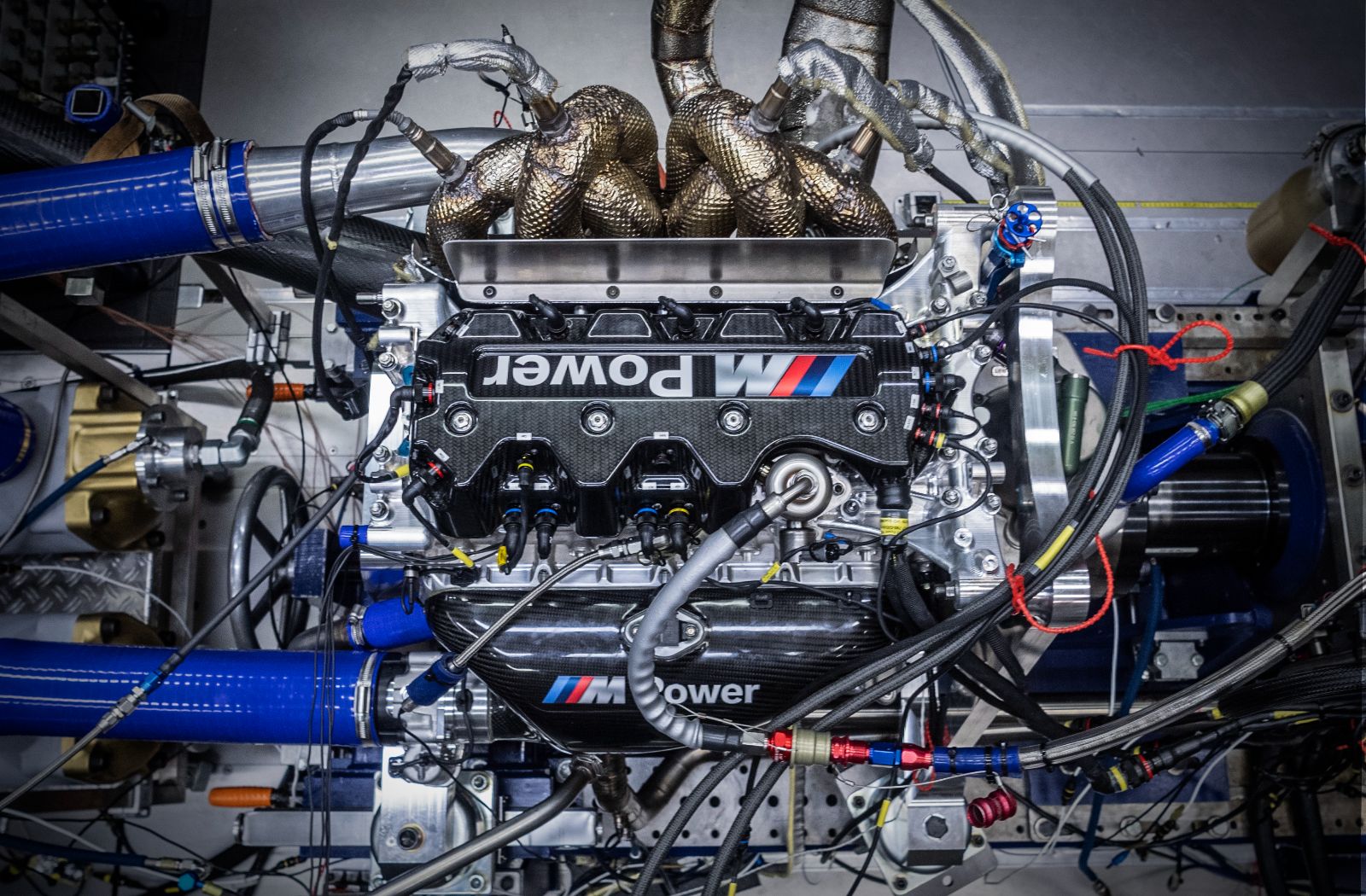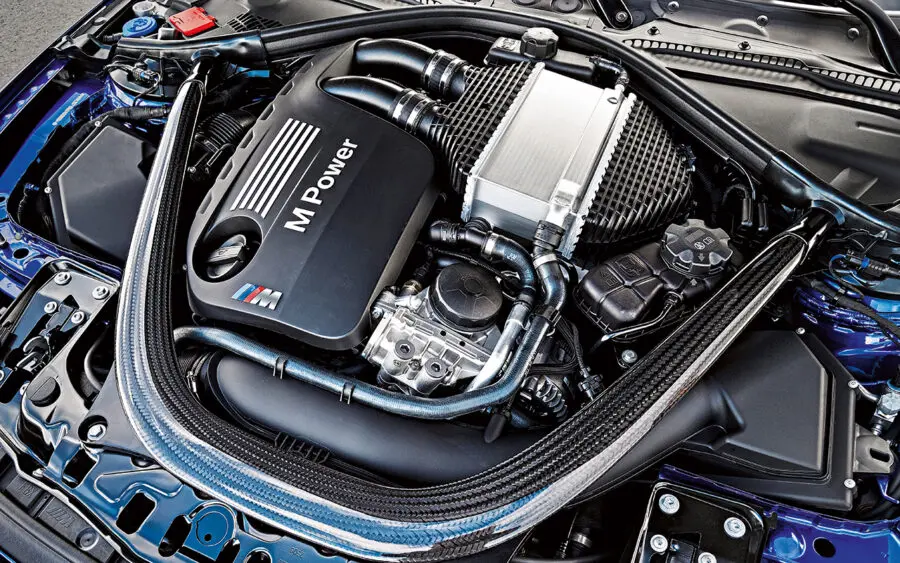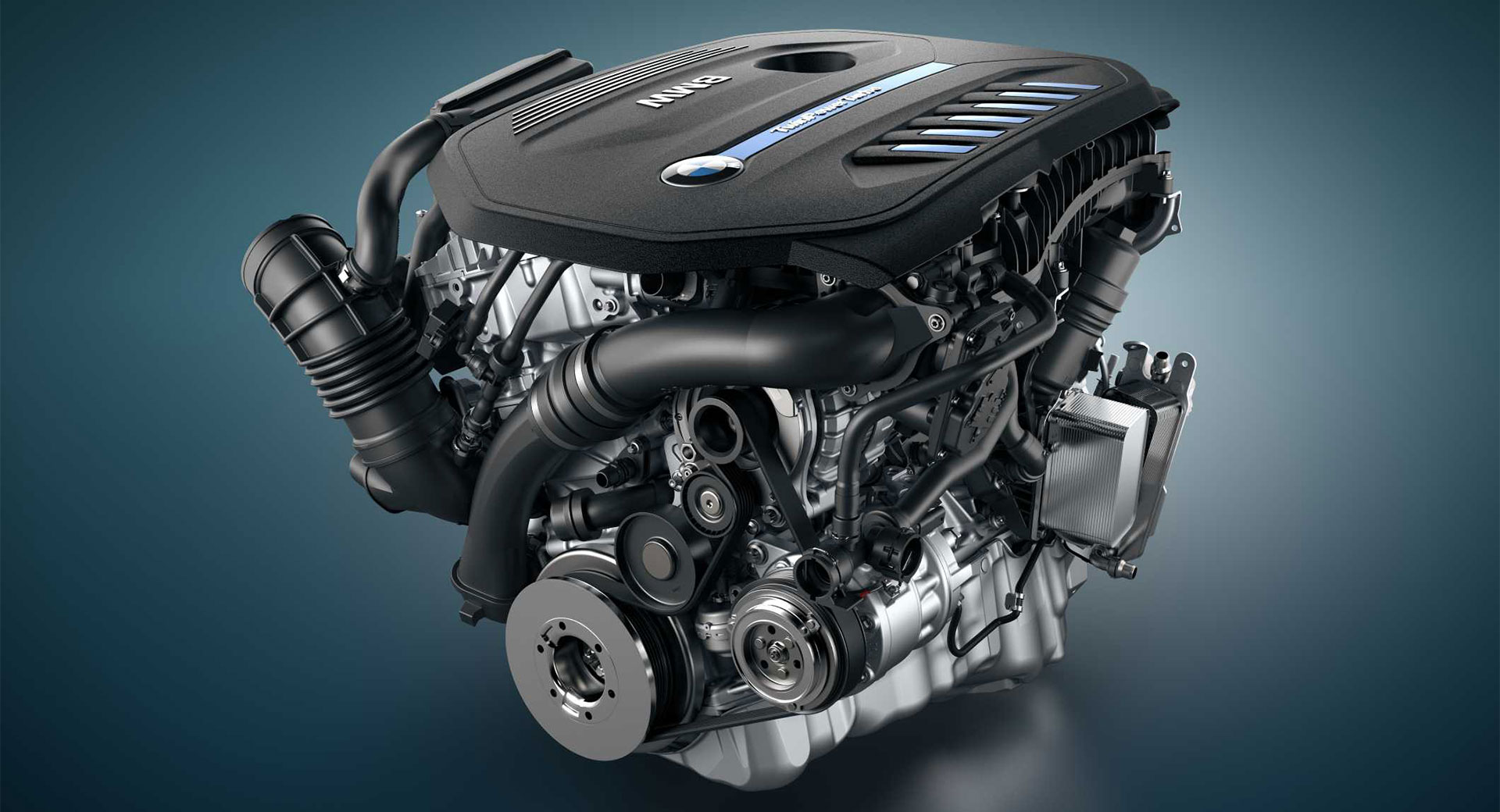Top 5 BMW Engine Technologies Transforming the Automotive Sector
Top 5 BMW Engine Technologies Transforming the Automotive Sector
Blog Article
Revealing the Intricacies of Next-Generation Power Units: a Deep Dive Into Advanced Engine Layouts and Advancements
As we stand on the precipice of a brand-new era in transport, the intricacies of next-generation engine designs beckon us to explore the advanced innovations and innovations that promise to redefine the driving experience. Diving much deeper into the realms of exhaust control, intelligent engine management systems, and the horizon of power device development, we discover ourselves on the cusp of a transformation that guarantees to reshape the landscape of flexibility as we recognize it.
Evolution of Engine Materials

The shift towards progressed engine materials has also enabled designers to develop engines with higher power outputs while preserving fuel performance criteria. The use of light-weight materials reduces the general weight of the engine, leading to improved gas economic situation and reduced exhausts. In addition, developments in materials technology have permitted far better thermal management within engines, resulting in enhanced dependability and durability.
Turbocharging and Supercharging Technologies
How do Turbocharging and Supercharging Technologies revolutionize engine performance and effectiveness in modern lorries? Turbocharging and turbo charging are technologies that dramatically improve engine efficiency by raising the quantity of air consumption right into the burning chamber. Turbocharging attains this by using a generator driven by exhaust gases to pressurize the intake air, while supercharging utilizes a belt- or chain-driven compressor to achieve the same impact.
These innovations make it possible for smaller sized, more fuel-efficient engines to create power equal to larger ones, referred to as downsizing. Forcibly more air into the cyndrical tubes, turbo charging and turbocharging boost burning efficiency, leading to increased horse power and torque output without a substantial increase in engine dimension. This results in far better acceleration, lugging capability, and total driving performance.
In addition, turbo charging and turbocharging add to boosted gas performance by enabling the usage of smaller engines that eat much less fuel under typical driving problems - bmw engine. This combination of boosted efficiency and performance has actually made turbocharging and supercharging integral parts of numerous modern-day engine styles
Exhaust Control and Environmental Influence
With increasing international concerns pertaining to air quality and environmental sustainability, the implementation of exhaust control technologies in lorries plays a critical duty in decreasing unsafe toxins launched into the environment. Modern cars are equipped with advanced discharge control systems that help reduce the environmental influence of vehicle procedures. Catalytic converters, as an example, are developed to transform hazardous gases such as carbon monoxide, nitrogen oxides, and hydrocarbons right into less hazardous substances like co2 and water vapor.
Moreover, innovations in engine modern technology, such as the combination of exhaust gas recirculation systems and click to find out more discerning catalytic reduction, have substantially added to reducing exhausts. These technologies operate in tandem to enhance burning effectiveness and lessen the release of harmful pollutants right into the air. Furthermore, the growth of crossbreed and electric vehicles represents a vital step towards decreasing the total environmental impact of the transportation market.
Intelligent Engine Administration Systems

Moreover, these systems make it possible for automobiles to fulfill rigid exhausts requirements without compromising efficiency, offering an extra ecologically friendly driving experience. The combination of expert system and maker understanding abilities in engine management systems proceeds to push the limits of what is possible, resulting in more renovations in effectiveness, dependability, and general lorry performance. bmw engine. As automobile modern technology developments, intelligent engine management systems will certainly play a vital function in shaping the future of transportation towards a much more effective and lasting instructions
Future Trends in Power Unit Advancement
As intelligent engine administration systems pave the means for boosted control and optimization in contemporary automobiles, future fads in power device growth are poised to redefine the landscape of vehicle propulsion innovations. These alternative power resources use improved performance and efficiency while aligning with stringent ecological guidelines.
Another significant pattern is he has a good point the assimilation of advanced materials and manufacturing methods. Lightweight materials such as carbon fiber and aluminum are being made use of to minimize general automobile weight, improving fuel performance and performance. Additionally, innovations in 3D printing and additive production are enabling the production of complicated engine elements with higher precision and sturdiness.
Additionally, artificial knowledge and equipment discovering are playing a crucial function in enhancing power unit efficiency. These innovations enable real-time monitoring and flexible control, bring about much more trusted and reliable power delivery. In general, future fads in power unit advancement are tailored towards efficiency, efficiency, and sustainability, driving the automobile market in the direction of a brand-new period of propulsion technologies.

Verdict
In final thought, the advancements in engine materials, turbocharging, discharge control, and smart monitoring systems have led the way for next-generation power devices. These technologies have not only better performance and efficiency however additionally company website decreased environmental effect. As modern technology continues to advance, future trends in power unit growth are most likely to concentrate on additional enhancing sustainability and optimizing power outcome. The detailed designs and innovations in contemporary engines showcase the continuous advancement of automotive technology.
Exploring the modern innovations in engine products has actually been crucial in boosting the efficiency and efficiency of contemporary engines. Over the years, the advancement of engine products has played a vital function in pressing the limits of what engines can attain.The change towards advanced engine materials has also enabled designers to design engines with higher power outcomes while preserving gas performance standards.The application of intelligent engine monitoring systems in modern-day automobiles has actually transformed the method engines are regulated and maximized for efficiency and effectiveness. By collecting data in real-time and evaluating it with innovative formulas, intelligent engine administration systems can adjust to driving designs, environmental elements, and engine health and wellness to maximize power outcome while decreasing fuel consumption and exhausts.
Report this page